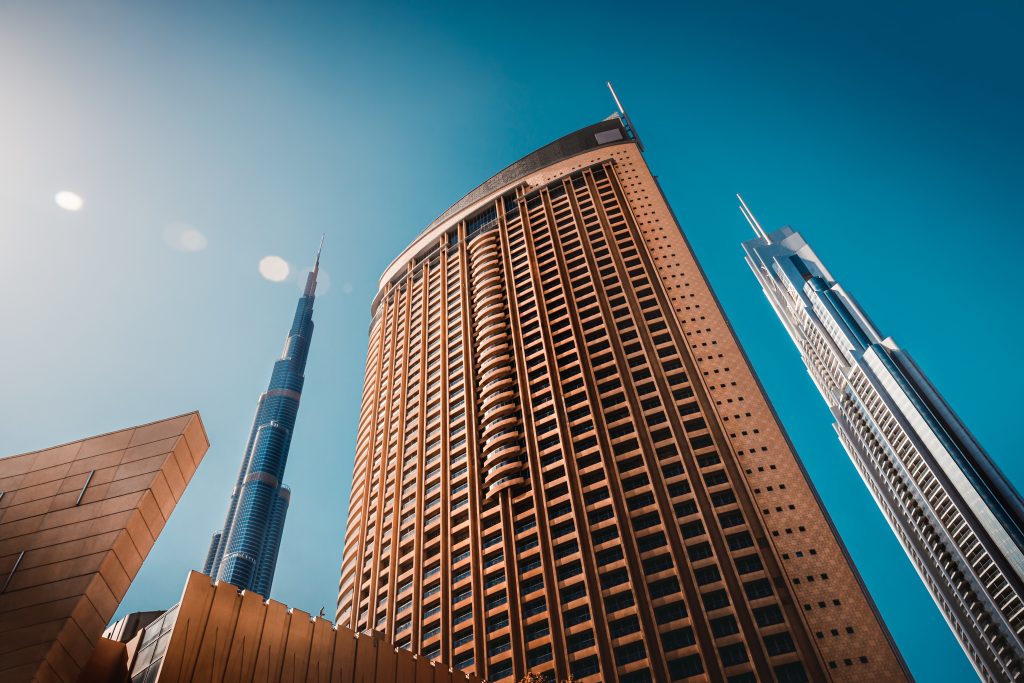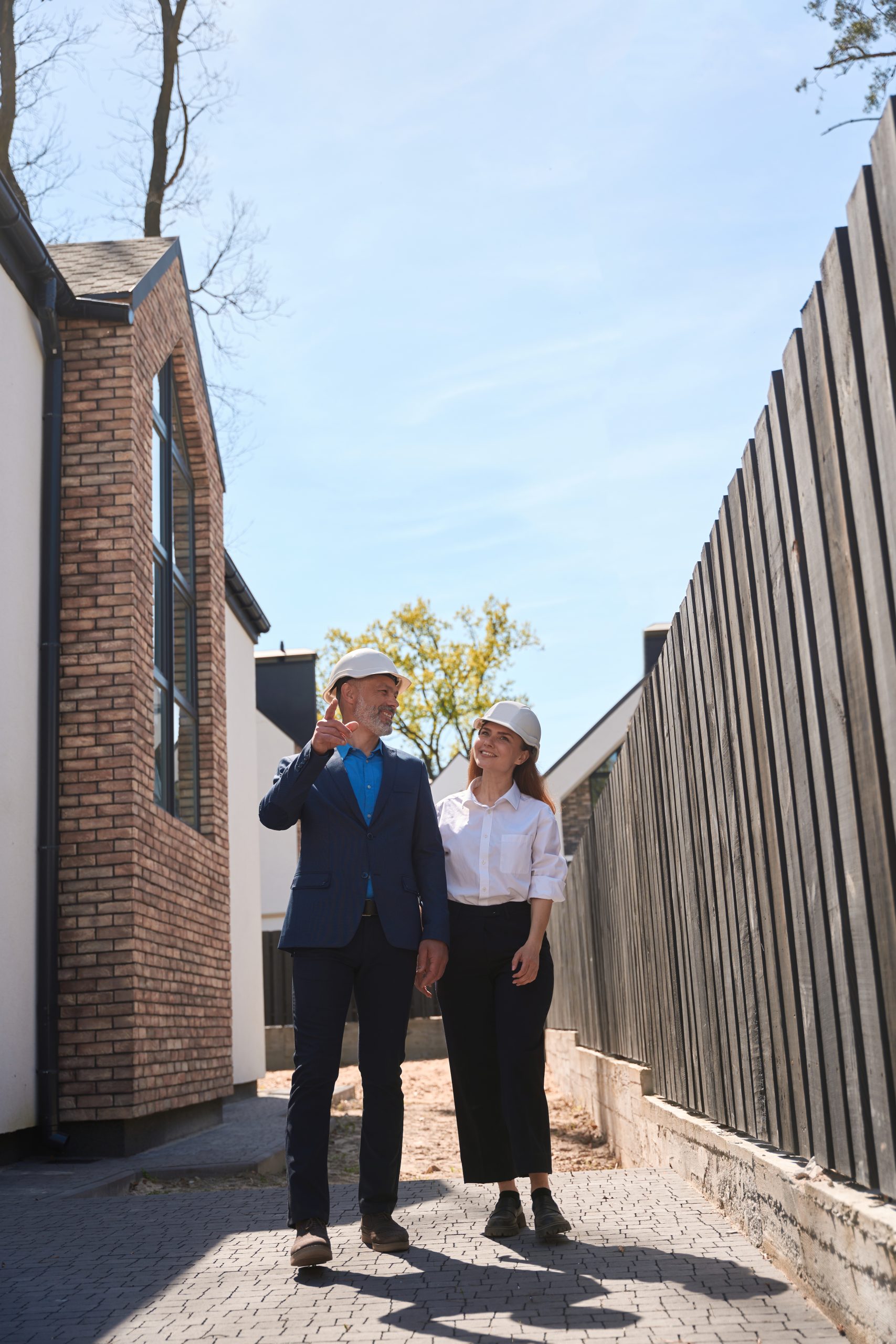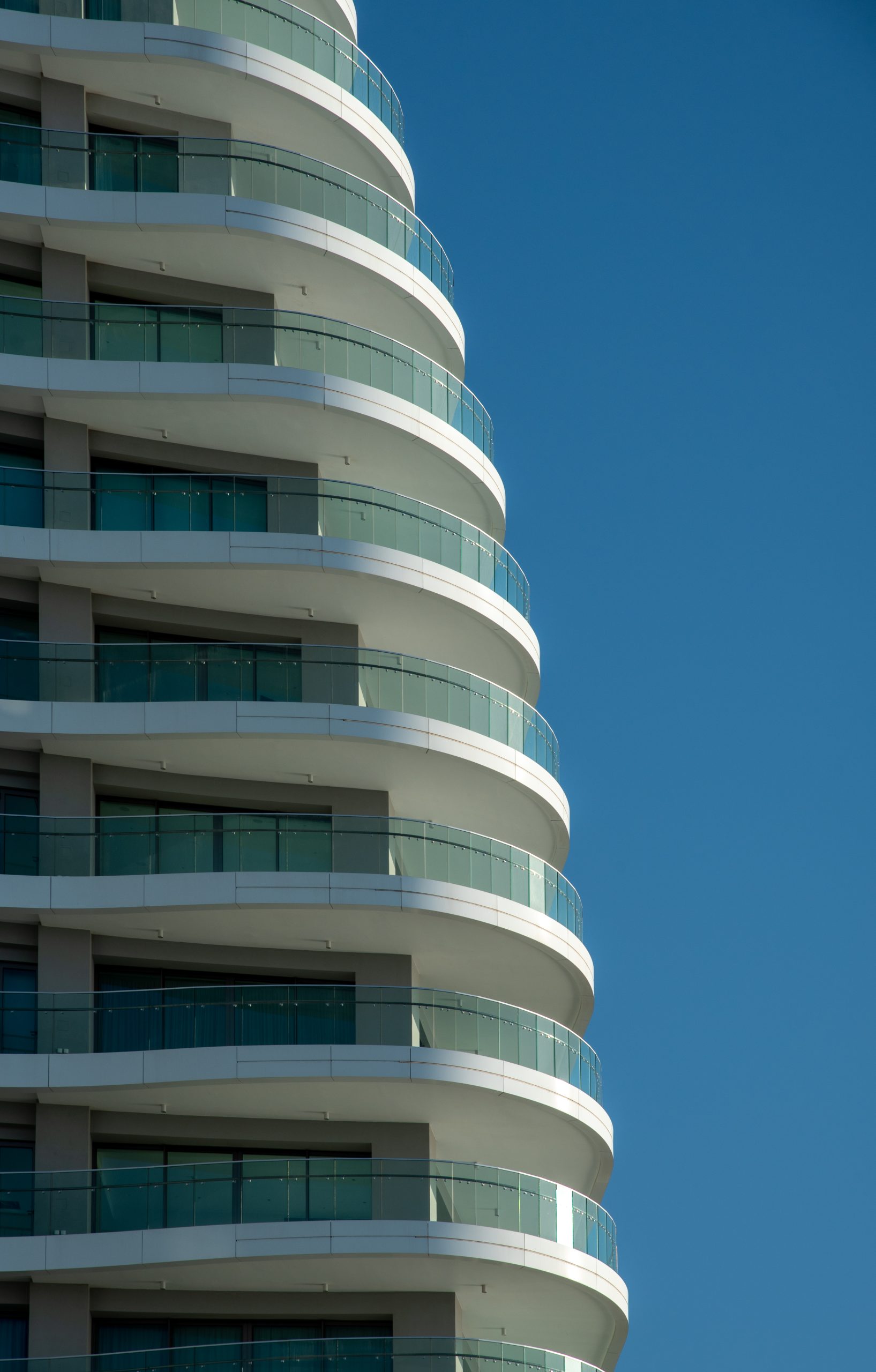
It’s that time of year when Christmas lists are being made mostly consisting of latest electronic gadgets and gimmicks to make life interesting and fun and to appease the human desire to own the newest shiniest object. High on the list will most definitely be drones, legally known as Unmanned Aerial Systems (UAS’s), which have become fashionable in recent years and which have replaced the remote-controlled cars and robots that were highly sought after earlier.
However, not many know that there are rules surrounding the operation of a drone in the UAE. It actually isn’t as easy as buying it off a website, setting it up and flying it over the balcony. Closely mirroring the regulations in the US where drones have long been commonplace, their operation in the UAE is covered by Federal Law No. 20 of 1991 and regulated by the federal body General Civil Aviation Authority (GCAA) and the Dubai Civil Aviation Authority (DCAA) which distinguishes flying drones for recreational or commercial use. Failure to comply with the law comes with hefty penalties of up to AED 50,000 or up to one-year imprisonment for not registering the drone and those penalties can reach much higher in accordance with the seriousness of the offence.
If freedom to fly the drone in any Emirate is desired then registration ought to be done with both GCAA and DCAA whose processes are entirely different. For a recreational permit from the GCAA, an examination must be passed and an application filled out through the website or the “My Drone Hub” smart phone application. For commercial users the same applies as above but with the additional requisition of an operational approval prior to the commencement of each flight. Both permits may be obtained free of charge.
In the case of Dubai, the DCAA the requirements are rather more cumbersome as training is needed and an examination (consisting of a theory and a field test) is undertaken both from the Sanad Academy who would then issue a Remotely Piloted Aircraft System (RPAS) Certificate. Following this, an application needs to be filled out on the DCAA website and a payment of AED 120 made before a DCAA pilot registration card is to be issued. For commercial users, the same applies as above but additionally an NOC for Aerial Work needs to be obtained from the DCAA depending on the purpose of the flight. The DCAA NOC is subject to obtaining NOCs from other relevant authorities. For example, if the purpose of the flight is for filming, an NOC needs to be obtained from the Dubai Film and TV Commission which would also seek permission from the Ministry of Defence. The cost of this particular flight would start from AED 8,400.
After obtaining the permits and NOCs where appropriate, the “My Drone Hub” application must be checked for permitted flying areas and the no-fly zone areas. Notably there are some other specific restrictions in place such as the minimum age for an operator of a drone weighing over 25 kgs being 21 years old and no video or image capturing device can be used under a recreational permit.
In short, the rules and restrictions placed on flying a drone in the UAE are roughly in line with international practices (which are less stringent) but which need to be adhered to closely in order to avoid any harsh penalties.
Best warn your teenagers!















